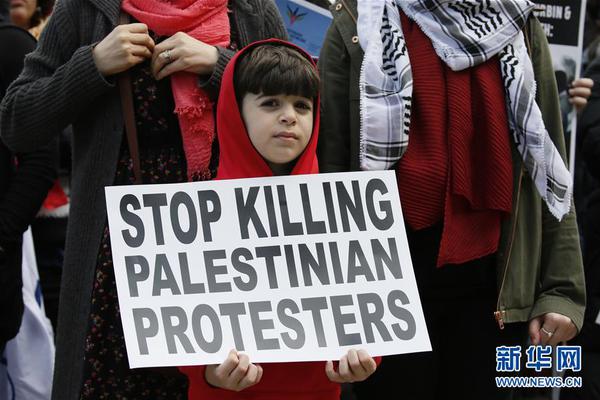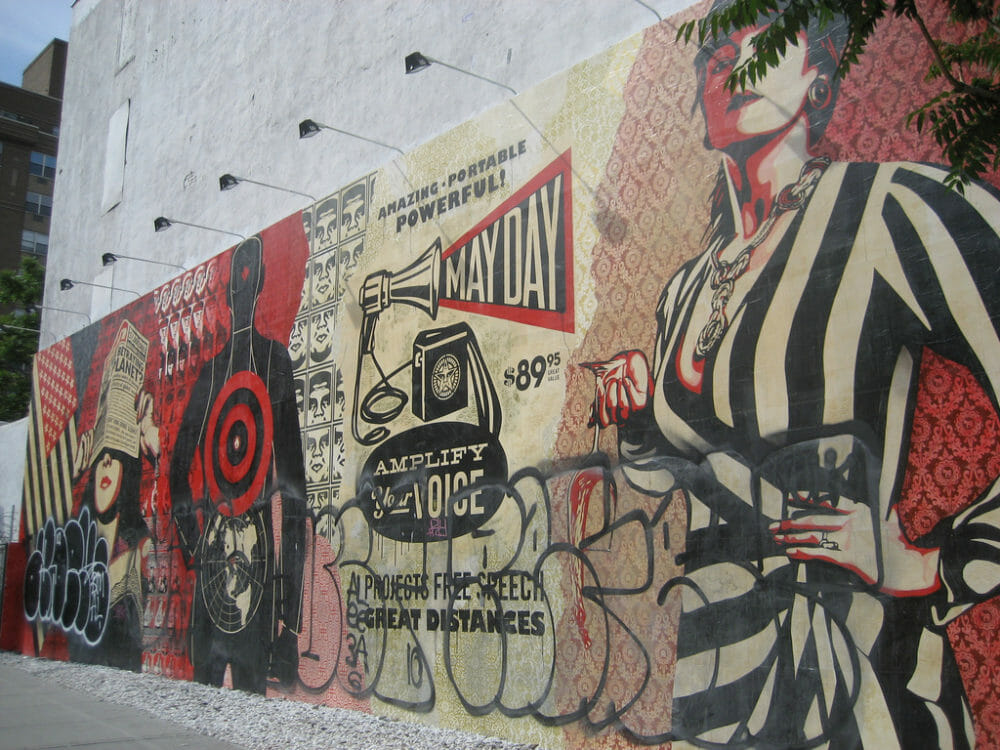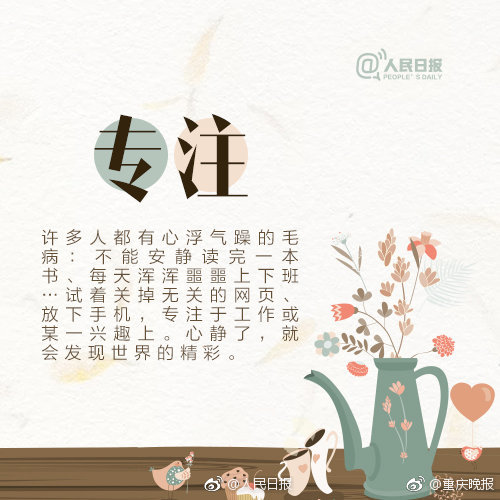Nestled between kaleidoscopic graffitied walls on xxx tv showa blink-and-you'll-miss-it side street in east London lies a bookstore with a difference.
The shop, which is called Like A Woman, only stocks books written by women. Books penned by persistent women who've rebelled, shouted, and "fought for change."
SEE ALSO: Why the UK has set up a separate fund to further the Time's Up movementThis tiny bookstore—the creation of publishing house Penguin Books— is a temporary fixture in the run-up to International Women's Day on 8 March. But, though its presence may be fleeting, the creators hope to make an indelible point about the representation of women in publishing.
Amid the onslaught of brands' publicity stunts to mark IWD with a token once-a-year gesture that says 'hey, we support women,' there's something a little different about the point being made by Penguin Books.
The shop is the brainchild of Zainab Juma, creative manager at Penguin, who told Mashableshe wanted to create a space that made women's voices heard—even if those voices are found on a page.
"Publishing is one of those really interesting areas where women are actually quite well represented, but then there are certain little bits of the industry where that doesn't quite translate," says Juma.
 Original image has been replaced. Credit: Mashable
Original image has been replaced. Credit: Mashable Juma notes that female authors account for a great deal of literary fiction's commercial success, but when it comes to winning awards, they're massively underrepresented.
"The majority of the bestsellers on the literary fiction list last year were written by women, but out of the 114 Nobel Prize laureates, there have only been 14 women. Fourteen out of 114, that's bonkers," says Juma.
Juma makes a good point. A 2015 analysis by novelist Nicola Griffith revealed that novels featuring a female main character have won fewer awards than novels with male main characters. Griffith found that between 2000 and 2015, "not a single book-length work from a woman’s perspective or about a woman was considered worthy" of winning a Pulitzer Prize.
 Original image has been replaced. Credit: Mashable
Original image has been replaced. Credit: Mashable It's not just literary prizes that aren't being awarded to female authors.
"Women make an awful lot of contribution without the recognition that goes with it."
Research has found that books by male authors are more likely to be reviewed by leading literary publications like the Times Literary Supplementand the New York Review of Books. Books by male authors are also more likely to be featured on course syllabuses at high school and university levels.
So, why aren't stories by and about women considered to be of cultural significance?
"Despite the fact that we're almost over-represented in publishing, there's clearly still a structural issue that I think is common across many disciplines, which is that women make an awful lot of contribution without necessarily the recognition that goes with it," says Juma.
Juma wants to address the lack of recognition that comes hand in hand with female-produced literature. "So I thought, you know what, we make really cool stuff, let's celebrate it," says Juma. "If International Women's Day is about anything, it's about making women's voices heard, and that includes voices on pages."
Like A Womanflouts the typical layout of a bookshop, grouping titles together not by genre or category, but by "the impact the author has had on culture, history, or society." Perusing the shop, you'll find tables of books annotated with labels like "Your body," "Changemakers," Women to watch," and "Essential feminist reads."
The shelves are dotted with the works of beloved female authors and outspoken changemakers, the likes of Margaret Atwood, Afua Hirsch, Malorie Blackman, Iris Murdoch, Malala Yousafzai, Mary Wollstonecraft, Virginia Woolf,and Simone de Beauvoir.
Asked what she hopes people will take away from the bookshop, Juma says she would like people to take away a book. "I want people to find a voice that perhaps they haven't heard, or a voice that they've known when they were younger and just wanna revisit, and that they spend time with it, listen to it," she says.
The Like A Woman pop-up will be open until 9 March on 1-3 Rivington Street, east London.
(Editor: {typename type="name"/})
 Skype is finally shutting down
Skype is finally shutting down
 Pierce Brosnan drinking a latte of his own face is extremely good
Pierce Brosnan drinking a latte of his own face is extremely good
 Wordle today: Here's the answer, hints for October 1
Wordle today: Here's the answer, hints for October 1
 This photo of Ocasio
This photo of Ocasio
 Is it 'Thunderbolts*' or *The New Avengers'?
Is it 'Thunderbolts*' or *The New Avengers'?
This fat bear's before and after photos are stunning
 Welcome to Fat Bear Week 2021!Katmai National Park and Preserve’s brown bears spent the summer
...[Details]
Welcome to Fat Bear Week 2021!Katmai National Park and Preserve’s brown bears spent the summer
...[Details]
Hurricane Ian: Webcams showed Tampa Bay area as historic storm approached
 As Hurricane Ian churned toward the Florida coastline ahead of its landfall on Wednesday, thousands
...[Details]
As Hurricane Ian churned toward the Florida coastline ahead of its landfall on Wednesday, thousands
...[Details]
Prince William and Kate Middleton are the king and queen of draught beer
 Prince William and Kate Middleton just proved that they, like many of their fellow Britons, love a g
...[Details]
Prince William and Kate Middleton just proved that they, like many of their fellow Britons, love a g
...[Details]
This cat opening a door by himself is truly impressive
 Videos of cats opening doors are always good, but here is a particularly good one.It was taken by Tw
...[Details]
Videos of cats opening doors are always good, but here is a particularly good one.It was taken by Tw
...[Details]
The Baffler’s May Day Round Up
 The Baffler ,May 1, 2017 The Baffler’s May
...[Details]
The Baffler ,May 1, 2017 The Baffler’s May
...[Details]
'Girls Who Code' book series temporarily banned in Pennsylvania school district
 A school district in Pennsylvania temporarily banned the Girls Who Code book series, according to a
...[Details]
A school district in Pennsylvania temporarily banned the Girls Who Code book series, according to a
...[Details]
The time is ‘Now for Northern Ireland’ to decriminalise abortion, campaigners say
 Abortion is still illegal in Northern Ireland, but the #NowForNI campaign is here to change that.On
...[Details]
Abortion is still illegal in Northern Ireland, but the #NowForNI campaign is here to change that.On
...[Details]
'Quordle' today: See each 'Quordle' answer and hints for October 1
 Some Quordlesare brain-busters, some are less challenging than remember what you had for lunch yeste
...[Details]
Some Quordlesare brain-busters, some are less challenging than remember what you had for lunch yeste
...[Details]
 Bread and Circuses
...[Details]
Bread and Circuses
...[Details]
Twitter’s new video viewer is totally not like TikTok
 Tired of endless scrolling through videos that are just interesting enough to keep you peeled to you
...[Details]
Tired of endless scrolling through videos that are just interesting enough to keep you peeled to you
...[Details]
Best portable power station deal: Save $179.01 on the EcoFlow River 2 Max

Shudder’s ‘Queer for Fear’ offers an LGBTQ horror education

接受PR>=1、BR>=1,流量相当,内容相关类链接。